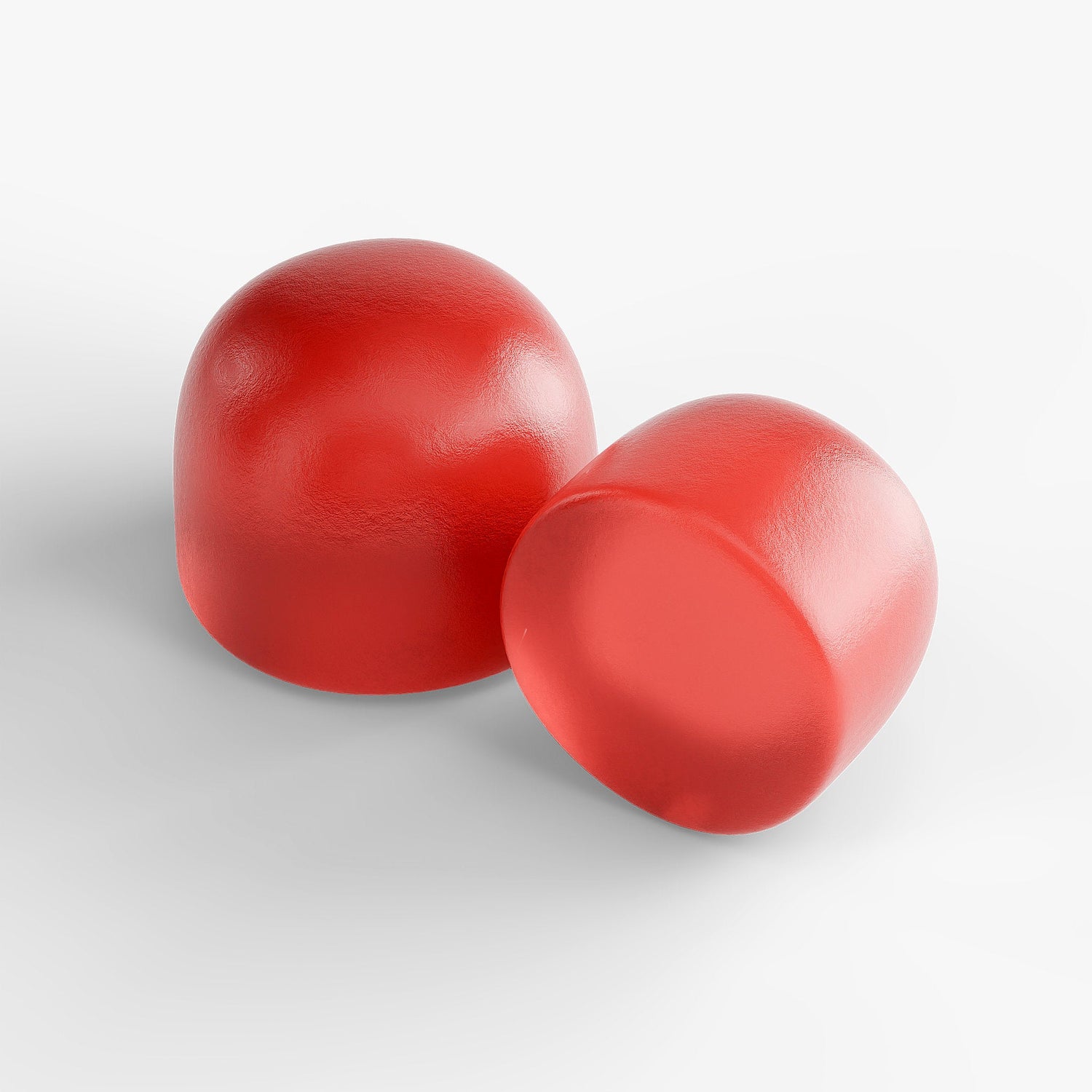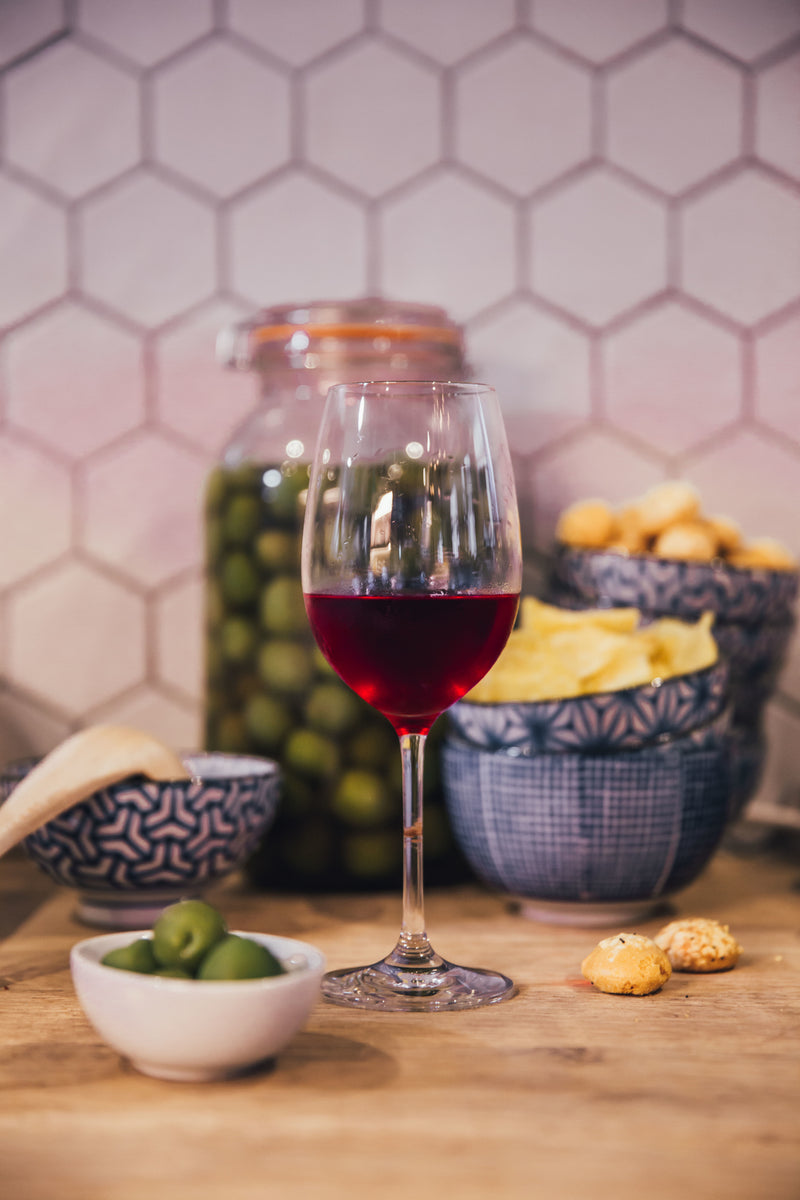🌿 7 Natural Ingredients That Help You Sleep

Natural Sleep Ingredients That Actually Work (No Grogginess)
In a world of overstimulation, blue light, and high stress, more people than ever are turning to natural sleep aids. But only a handful are truly scientifically backed to support better, deeper sleep.
At Nutreska, we formulate with ingredients that are clinically studied and trusted by experts to promote sleep, calm the mind, and support circadian rhythm. Here are 7 evidence-based natural sleep ingredients that actually work—plus the research.
| Ingredient | Main Benefits | Typical Dose | Best For | Evidence |
|---|---|---|---|---|
| Melatonin (low-dose ~1 mg) Physiologic | Sleep onset, circadian alignment, jet lag | 0.3–1 mg (start low) | Difficulty falling asleep, travel, shift changes | MIT / Sleep |
| Valerian Root | Reduces sleep latency; calms busy brain | 300–600 mg extract | Stress-related sleeplessness | Meta-analysis |
| Chamomile (Apigenin) | Relaxation; milder insomnia & anxiety | Standardized extract / tea | Gentle nightly support | RCT |
| GABA | Quiets mental chatter; supports duration | 100–300 mg | Racing thoughts at bedtime | Frontiers (2018) |
| L-Theanine | Calm focus; better sleep efficiency | 100–200 mg | Anxiety, screen-heavy evenings | Clinical |
| Passiflora | GABA support; reduces latency | 250–500 mg extract / tea | Tension, restless sleep | Clinical |
| Lavender | Deep sleep quality; less mild anxiety | Oral extract 80 mg; aroma | Light sleepers; pre-sleep arousal | RCT |
Pro tip Start low-dose melatonin (~1 mg) + calming botanicals for nightly use. Explore Nightcap Gummies, Capsules, or Sleep Strips.
1. Melatonin (1 mg — The Smart Dose)
Melatonin is the brain’s sleep-signal hormone. While many supplements overload 5–10 mg, multiple studies show that ~1 mg can be equally effective for sleep onset with fewer side-effects—ideal for sustainable use.
- Supports circadian rhythm alignment
- Helps you fall asleep faster (jet lag/shift changes)
- Lower risk of grogginess, vivid dreams, next-day fog
2. Valerian Root Extract
Valerian gently elevates GABA signaling to reduce sleep latency (time to fall asleep).
- Naturally calming; non-habit forming
- Helpful for stress-related sleep trouble
3. Chamomile Extract (Apigenin)
Apigenin binds to GABA receptors and promotes relaxation.
- Reduces mild insomnia/anxiety
- Safe for daily use; improves sleep quality
4. GABA (Gamma-Aminobutyric Acid)
Primary inhibitory neurotransmitter; supplementation can help the brain shift into “sleep mode.”
- Helps the mind stop racing before bed
- Improves sleep latency and duration in studies
5. L-Theanine
Tea amino acid that increases alpha brain waves for a calm, focused state—relaxation without sedation.
- Eases anxiety and restlessness
- Pairs well with melatonin to enhance sleep efficiency
6. Passiflora (Passionflower)
Traditional botanical that gently increases GABA activity; great for “busy brain.”
- Soothes nervous tension & mild anxiety
- Can reduce sleep onset time and support continuity
7. Lavender Extract
Well-known for calming the nervous system; oral extracts and aromatherapy both show benefits.
- Promotes deep (slow-wave) sleep
- Reduces mild anxiety and pre-sleep arousal
💤 Bonus Mentions
- Lemon balm — calming herb supporting mood and tension
- Magnesium — cofactor for relaxation pathways; may reduce nighttime restlessness
✨ The Nutreska Difference
We combine these ingredients in smart, synergistic doses so you fall asleep naturally and wake up clear—no crash.
Related: How Much Melatonin Is Too Much? • Melatonin Side-Effects • Insomnia Guide
References
- Low-dose melatonin literature: MIT / JCEM / Sleep (overview).
- Valerian meta-analysis: PubMed 17299798.
- Chamomile postpartum trial: PubMed 21808979.
- GABA human data: Frontiers in Neuroscience (2018).
- L-Theanine sleep efficiency: PubMed 22214254.
- Passionflower adult trial: PubMed 20834195.
- Lavender oil RCT: PubMed 23352077.





